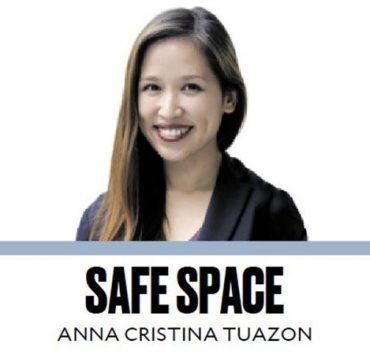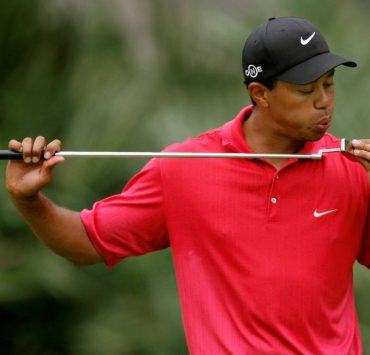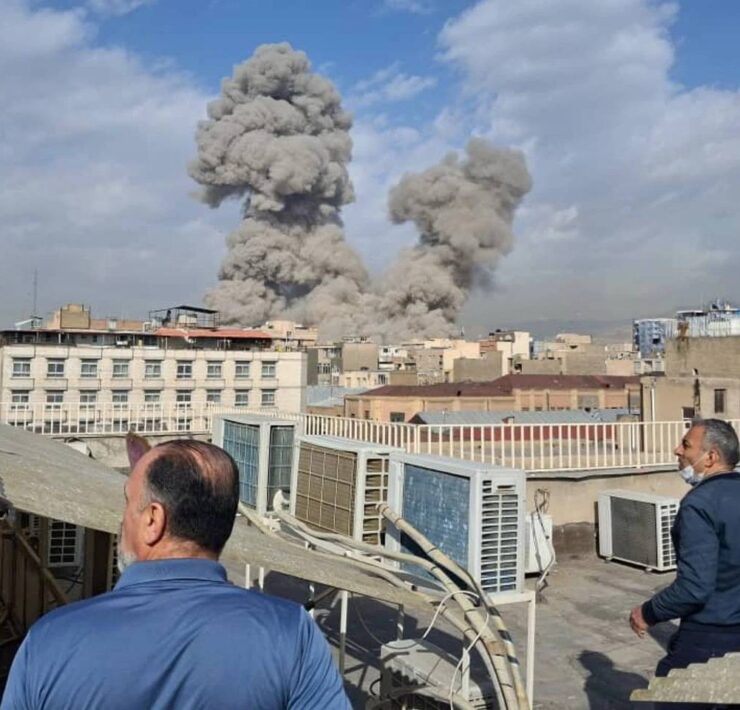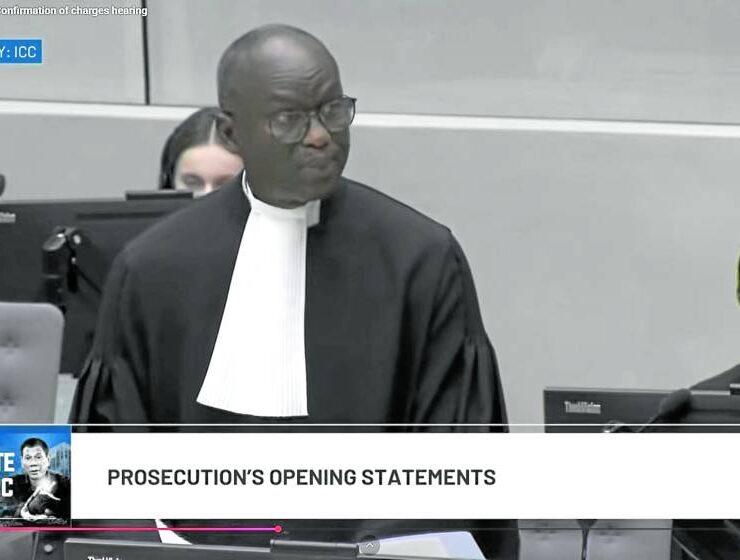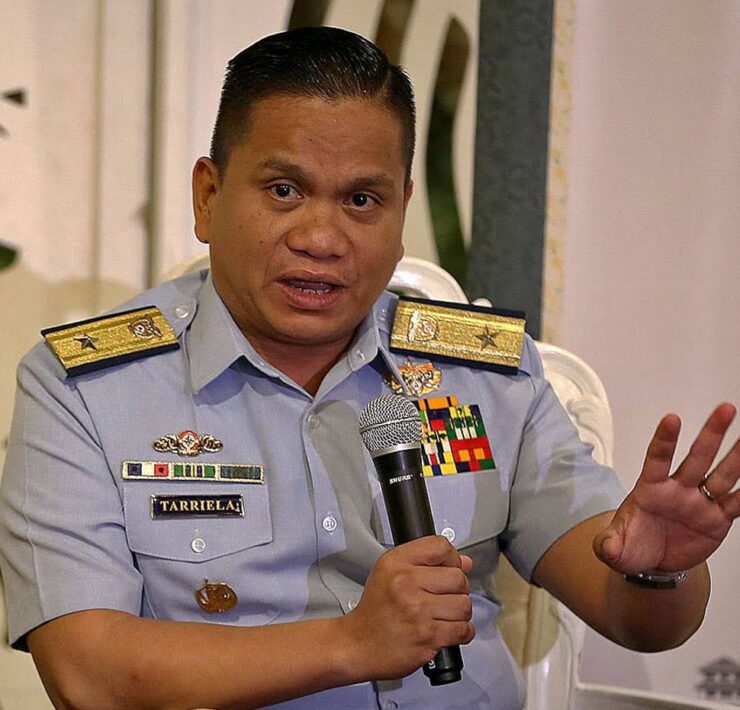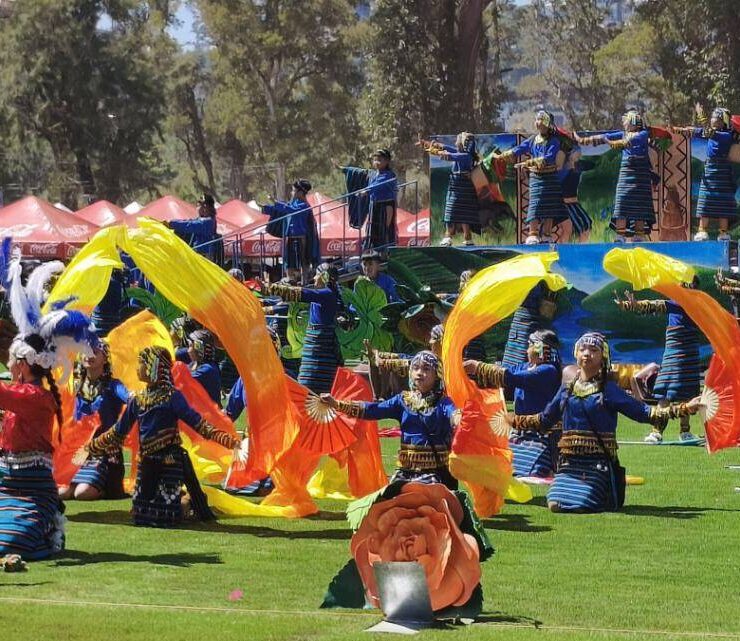Source of pride or badge of shame for our courts?
Three influential and powerful Filipinos who are currently facing investigation or prosecution abroad, insist that they be tried under our country’s justice system instead. Should this be a source of pride or a badge of shame for our courts?
These three include former president Rodrigo Duterte and Sen. Ronald “Bato” dela Rosa, who are the most likely respondents in the International Criminal Court investigation into the bloody drug war of the past administration. The third is Apollo Quiboloy, the head of the Kingdom of Jesus Christ religious sect. Quiboloy has standing warrants of arrest in the United States for crimes that include the rape of minor girls. All three have expressed that they will only be willing to face trial before our local courts. Duterte and Quiboloy have even defiantly declared that they would rather be caught dead instead of being extradited for trial abroad.
What’s the reason behind this preference for our local courts over foreign courts? While the three have voiced out different reasons, it should be obvious that anyone who stands accused in a criminal case would prefer to be tried by a court where one expects (1) better liberty privileges during trial, and (2) better chances of acquittal after trial. And why do these three expect their luck to be better before Philippine courts? The answer may lie in how they view the trial history of members of our political elite, and how the practices and outcomes are favorable to them.
First, we have a history of making exceptions for the detention places of members of our political elite. We allow them to be kept separate from the cramp detention facilities of common prisoners. The most egregious example is former president Joseph Estrada who was allowed to stay in his luxurious private resort in Tanay, Rizal, while undergoing years of trial for plunder under the Gloria Macapagal Arroyo administration. A second example is former president Arroyo who was allowed hospital detention at the Veterans Memorial Medical Hospital under the Benigno “Noynoy” Aquino III administration. Senators Juan Ponce Enrile, Jinggoy Estrada, and Bong Revilla, were also allowed to be detained at the Philippine National Police headquarters in Camp Crame also under the Noynoy Aquino administration. Even high profile political prisoners like Senators Benigno “Ninoy” Aquino Jr. and Jose W. Diokno during the Marcos dictatorship, and former senator Leila de Lima during the Duterte regime, were detained in military and police camps, separate from ordinary prisoners. It appears that while incumbent presidents legitimately prosecuted their adversaries (like Arroyo and Aquino Jr.), or illegitimately persecuted their enemies (like Marcos Sr. and Duterte), there’s a tradition of acquiescence to their special detention separate from common criminals.
Second, the three probably assess that, judging by the past and current trials of other members of our political elite, they can avail of bail privileges that will allow them to continue living normal lives outside of prison even while undergoing court trial. Examples are Enrile and former first lady Imelda Marcos, who were allowed bail largely because of their senior age, a privilege unheard of for ordinary criminals. There’s also the example of Senator Estrada who was granted discretionary bail while appealing his criminal conviction.
Third, the judgments of acquittal obtained by Senator Revilla and former president Arroyo, despite the public’s widely held belief of their guilt, are probably not lost on the three. There’s also the quick pardon given to former president Estrada after his conviction for plunder, as a template fate that they look up to.
Fourth, court trials in the Philippines are notoriously long, and the political elite are allowed to resume their practice of politics even while undergoing trial. Examples include Imelda Marcos, Enrile, Revilla, and Jinggoy Estrada.
Fifth, accused members of the political elite can leverage their political base in support of a presidential candidate, and if they bet on a candidate who ends up winning, their fortunes can change because an incumbent president can dictate on the prosecution’s handling of the case.
Sixth, the three probably subscribe to the general public’s view that our courts—like all branches of our government—are prone to corruption or bow to political influence, which are factors that increase their chances of getting acquittal in a domestic trial.
All of the above are privileges and advantages that will not be available to the three if they are tried abroad. No wonder then that the all-or-nothing fight is the battle to confine their trial in our local courts. If they win this crucial fight, everything else that follows will be a walk in the park for them.
Comments to fleamarketofideas@gmail.com














